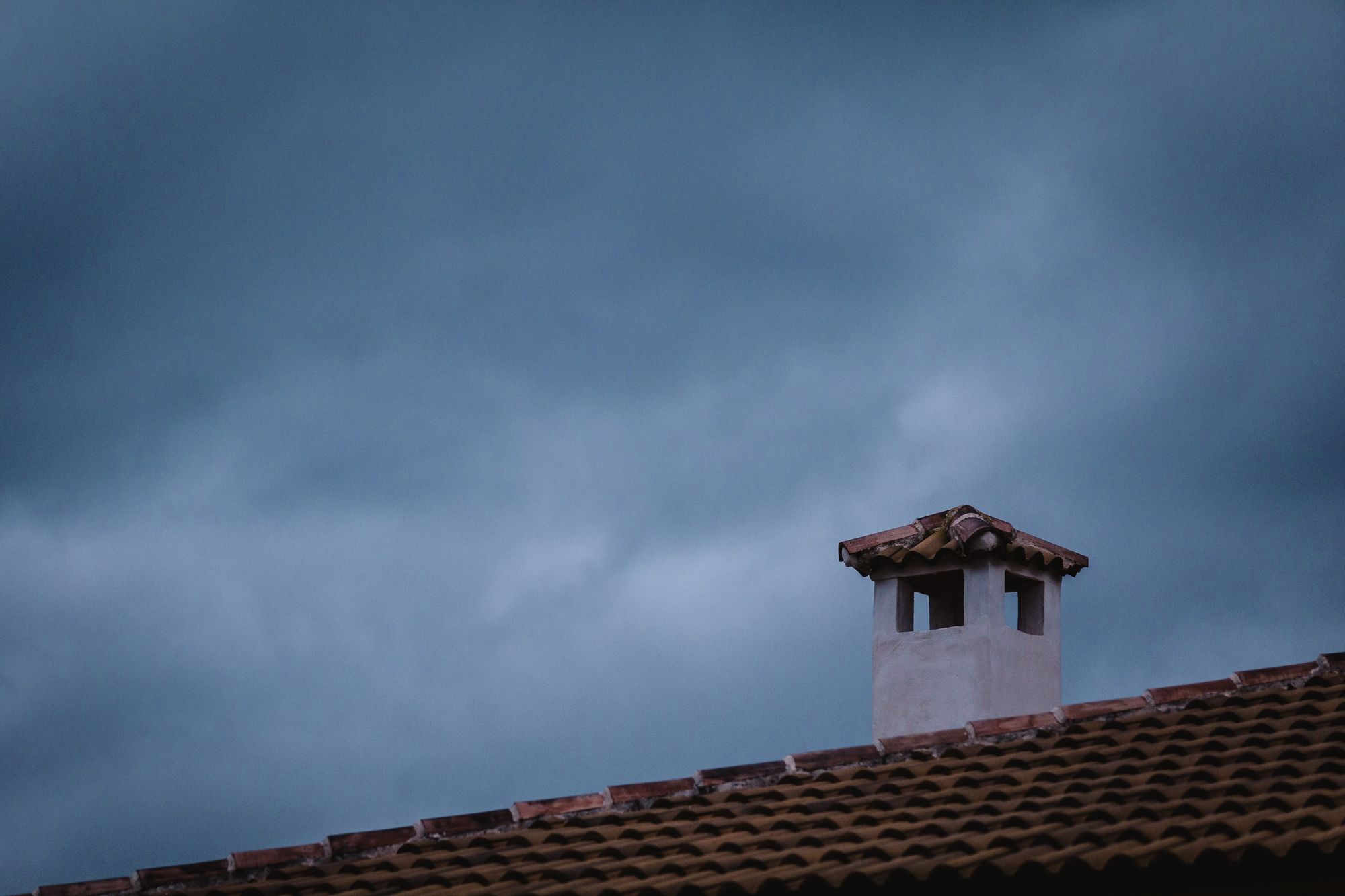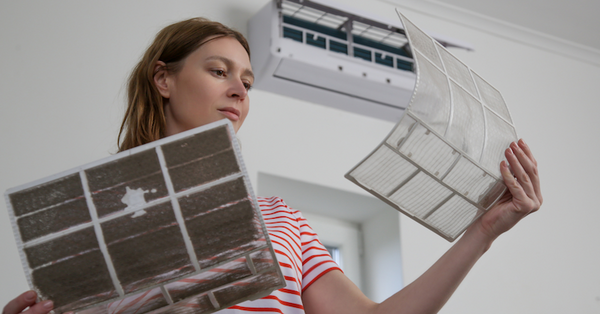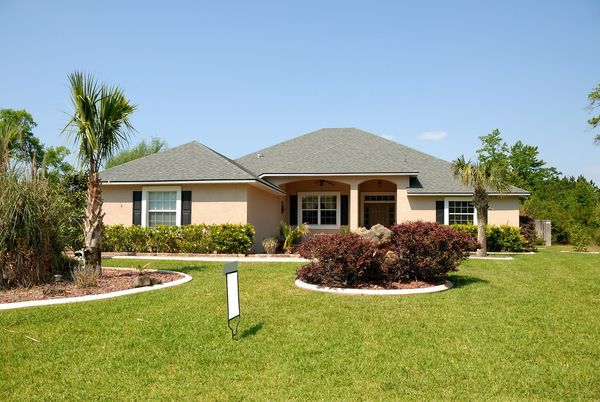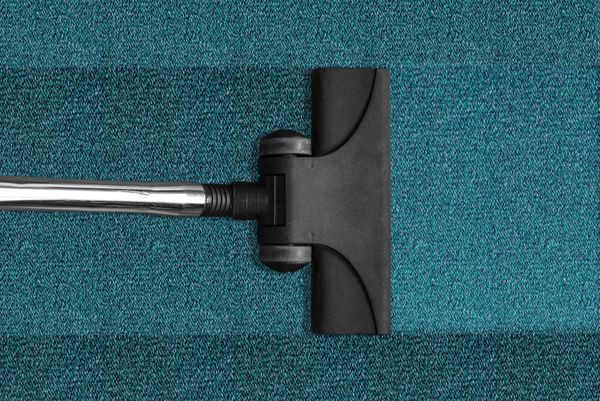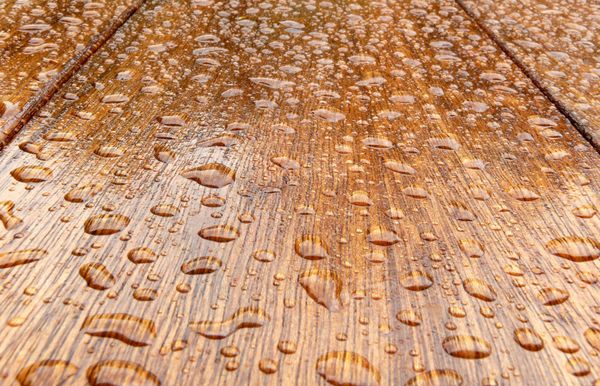The importance of maintaining a clean, functional chimney cannot be overstated. Regular chimney cleaning safeguards your home and health, prevents damage to your fireplace, and ensures a warm, cozy environment during the colder months.
This article offers a comprehensive guide to the importance of chimney cleaning and its best practices.
Why is Chimney Cleaning Essential?
When you burn logs in your fireplace, a byproduct known as creosote forms and builds up along the interior of your chimney. Creosote, a highly flammable substance, poses a significant fire risk if not properly managed. A clean chimney reduces the possibility of chimney fires and helps your fireplace function at its peak efficiency.
Moreover, chimney cleaning aids in eliminating potential health hazards. A clogged chimney may cause harmful gases, such as carbon monoxide, to leak into your home. This invisible, odorless gas can lead to serious health problems or even death.
Lastly, regular chimney sweeps help maintain the structural integrity of your chimney, preventing costly repairs down the line.
Signs Your Chimney Needs Cleaning
Chimney Safety Institute
Typically, your chimney should be cleaned at least once a year. However, the signs of a dirty chimney can help you determine if more frequent cleaning is necessary:
1. Thick Creosote Buildup
Shiny, tar-like substances coating the inside of your chimney are a clear sign that it's time for a cleaning.
2. Poor Fireplace Performance
If smoke gets into your home or the fire is difficult to start, your chimney may be clogged.
3. Strange Smells
An unpleasant odor from your fireplace can be a sign of trapped creosote or other debris in your chimney.
How to Clean Your Chimney
While hiring a professional chimney sweep is advisable for safety and efficiency, here are some basic steps if you're considering a DIY approach:
Step 1 - Preparation
Spread a tarp or sheet around the fireplace to catch soot and debris. Equip yourself with safety goggles, gloves, and a dust mask.
Step 2 - Brushing
Use a chimney brush to scrub the inside of your chimney. Start from the top, working downwards in a vigorous, scrubbing motion.
Step 3 - Soot and Creosote Removal
Clear out the soot and creosote that has fallen into the fireplace.
Step 4 - Inspection
Inspect your chimney for any signs of damage such as cracks or leaks.
Step 5 - Clean Up
Dispose of debris and clean the area around your fireplace.
Professional Chimney Cleaning Services
While the DIY route can be appealing, consider hiring a professional chimney cleaning service for the following reasons:
1. Safety
Professionals have the proper tools and training to clean chimneys safely and efficiently.
2. Thorough Cleaning
Professionals can clean hard-to-reach areas and remove more creosote and soot.
3. Damage Detection
Chimney sweeps are trained to detect early signs of damage that may go unnoticed by an untrained eye.
Best Time for Chimney Cleaning
A popular question among homeowners is, "When is the best time to clean my chimney?" The answer is simple: the best time for chimney cleaning is before the start of the burning season, usually late summer or early fall. This proactive approach ensures that your fireplace is safe and ready to use when the cold weather arrives.
Another optimal time for chimney cleaning is in the spring, right after the burning season. This way, you can get rid of any creosote buildup that has accumulated over the winter, reducing potential odors during the warmer months and getting a head start on the upcoming burning season.
The Importance of Chimney Caps
An often overlooked but vital part of chimney maintenance is the installation of a chimney cap. These caps prevent rainwater, birds, and other critters from entering your chimney. They also stop hot embers or sparks that might rise up the chimney, thereby reducing the risk of roof fires.
Chimney caps also help in keeping downdrafts from entering your home when the fireplace isn't in use. If your chimney doesn't have a cap, consider having one installed by a professional. If you already have one, ensure that it's inspected and cleaned regularly.
Chimney Cleaning Products
Various chimney cleaning products can assist in the cleaning process and help maintain a clean chimney between professional sweeps. These include creosote-removing sprays, chimney cleaning logs, and specialized brushes.
Remember, these products should not replace professional cleaning but can serve as a maintenance measure to keep your chimney in good condition. Always follow manufacturer instructions when using these products.
Conclusion
National Chimney Sweep Guild
Wood-burning fireplaces create a unique ambiance, but they also require proper care and maintenance. Regular chimney inspections are crucial to maintaining the health of these fireplaces. Inspections allow you to catch potential problems early, before they become significant issues.
One essential area to inspect is the smoke shelf, a flat surface located above the damper and below the flue. The smoke shelf helps prevent downdrafts and collects debris that may fall into the chimney. A clean smoke shelf facilitates better air flow and lessens the likelihood of chimney fires.
Chimney cleaning costs may vary based on the extent of cleaning required and the size and condition of your chimney. While the cost may initially seem like an unnecessary expense, remember that it's an investment in your home's safety. Regular chimney cleanings can save you a substantial amount of money in the long run by preventing damage to your chimney walls and the potentially devastating costs of a chimney fire.
The smoke chamber, the area above the damper where smoke mixes with air to move up into the flue, must also be kept clean to ensure proper ventilation and fire safety. Regular chimney cleaning and inspections can help maintain the overall health of your wood-burning fireplace, keeping it safe and efficient for many years to come.
Chimney cleaning is a critical aspect of home maintenance. Whether you decide to clean your chimney yourself or hire a professional, ensure this task is performed regularly for a safe and cozy home environment. Remember, the cost of a chimney sweep pales in comparison to the expense of fire damage repair or health issues. Keep your fireplace working efficiently and safely with regular chimney cleanings.

